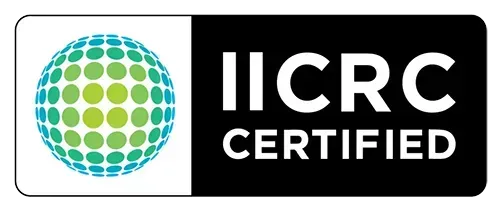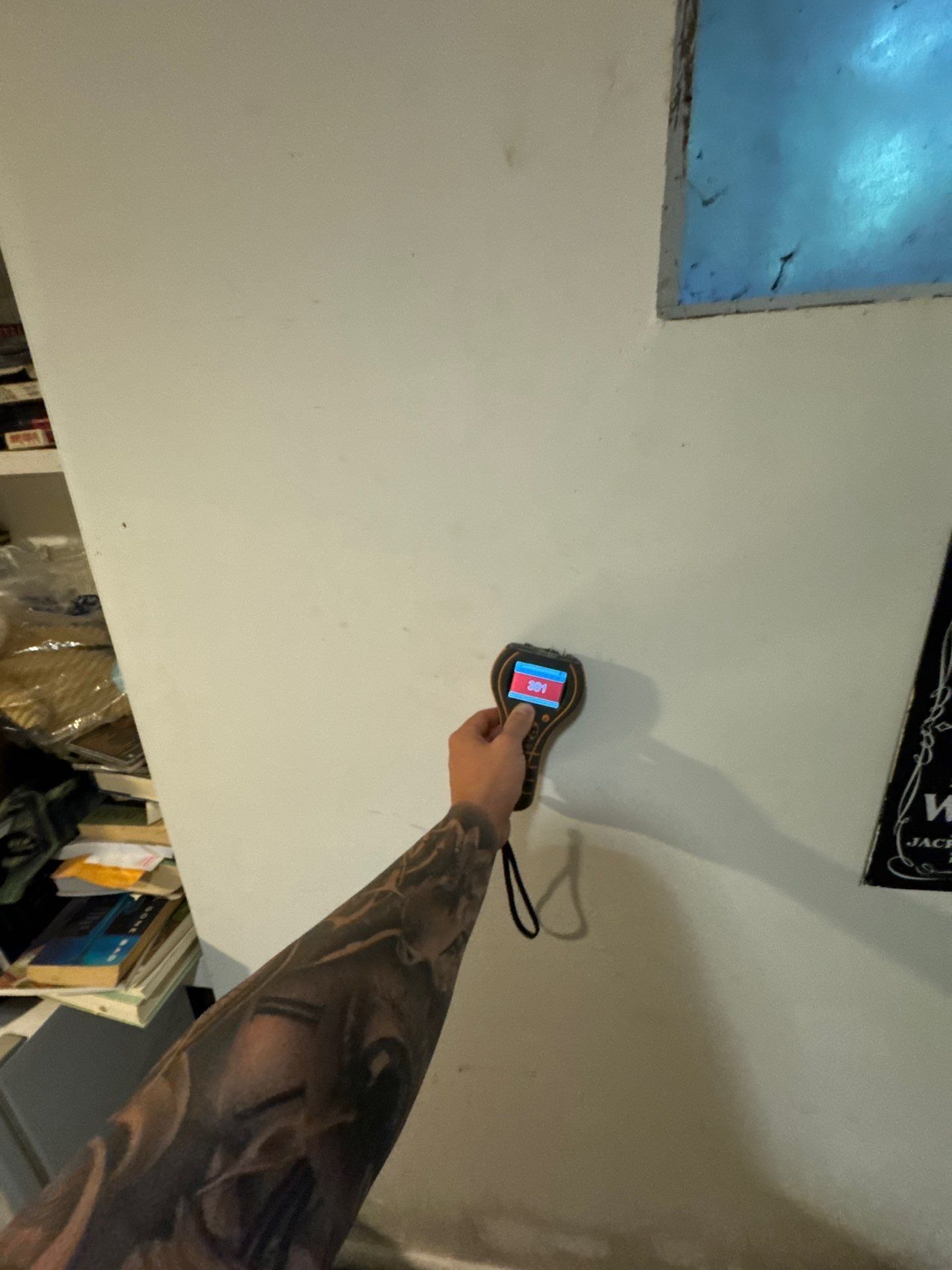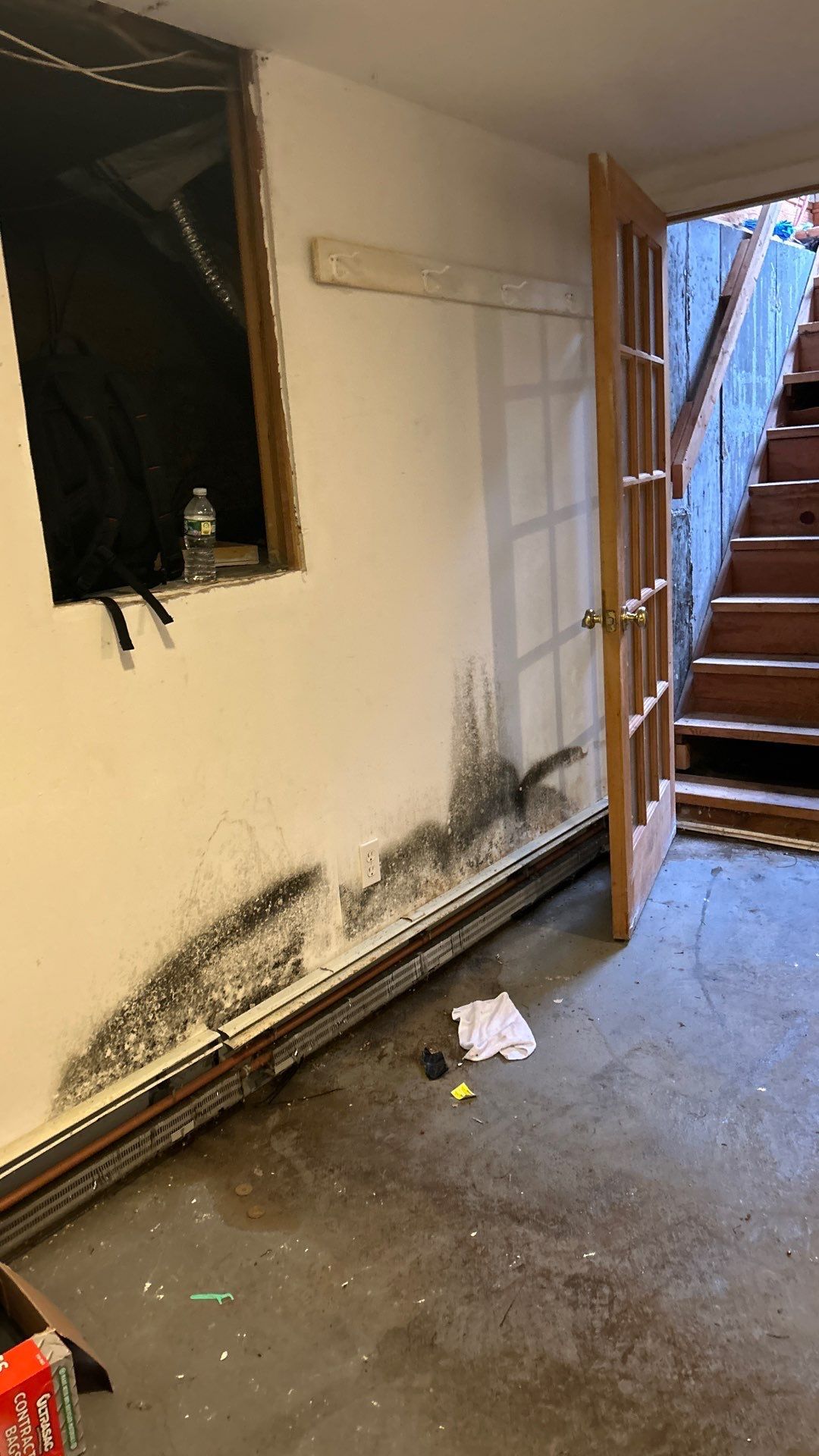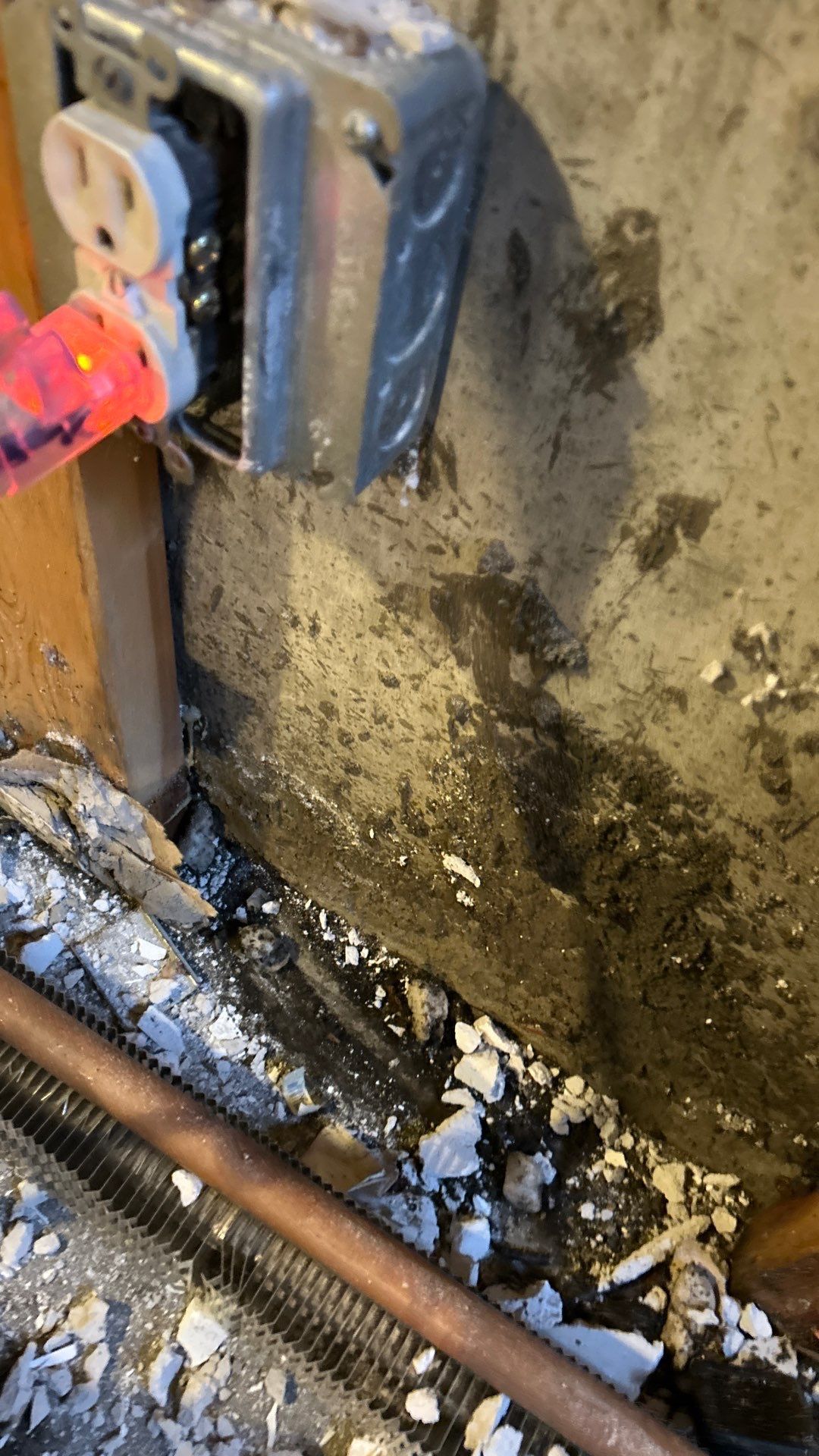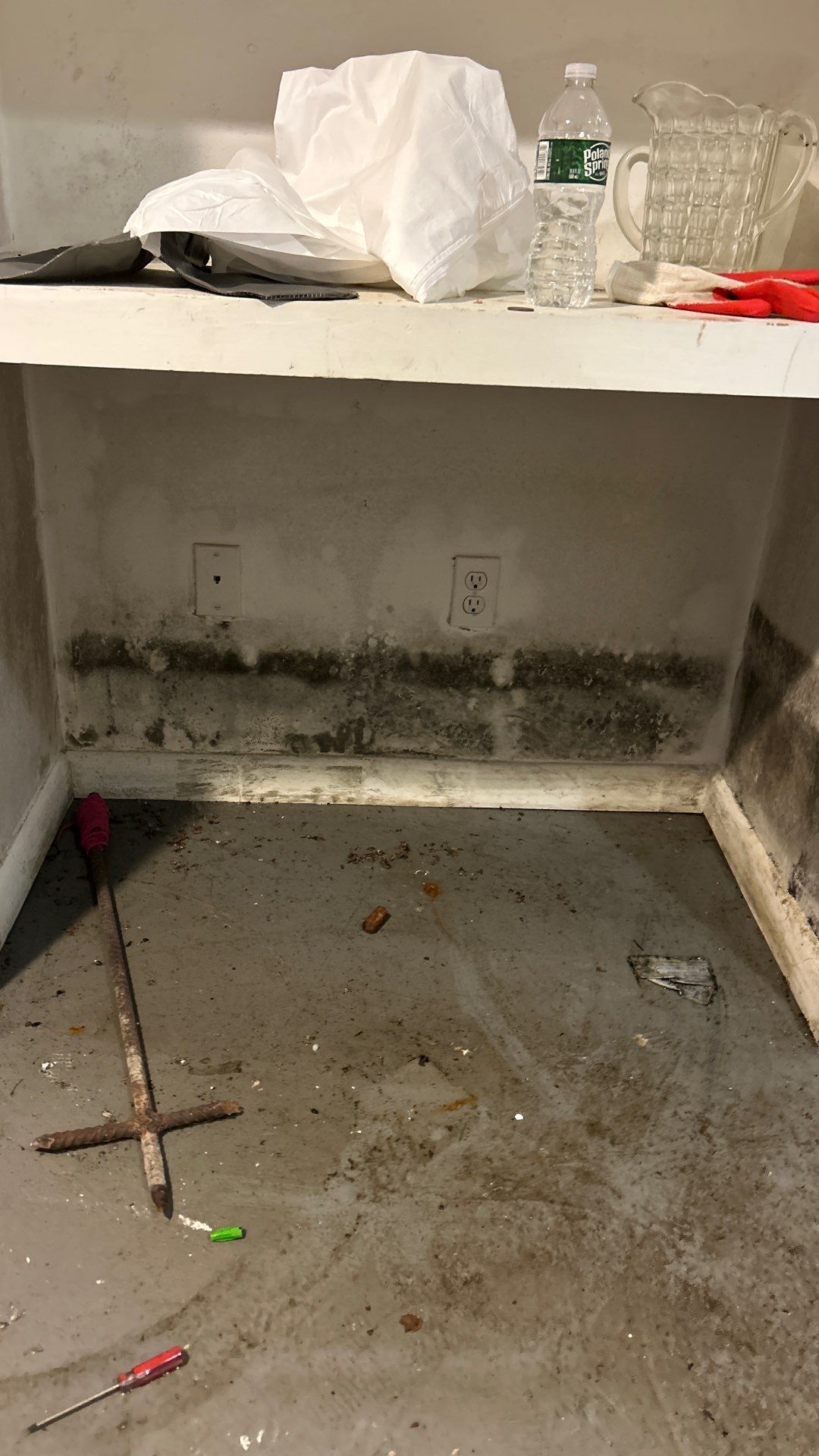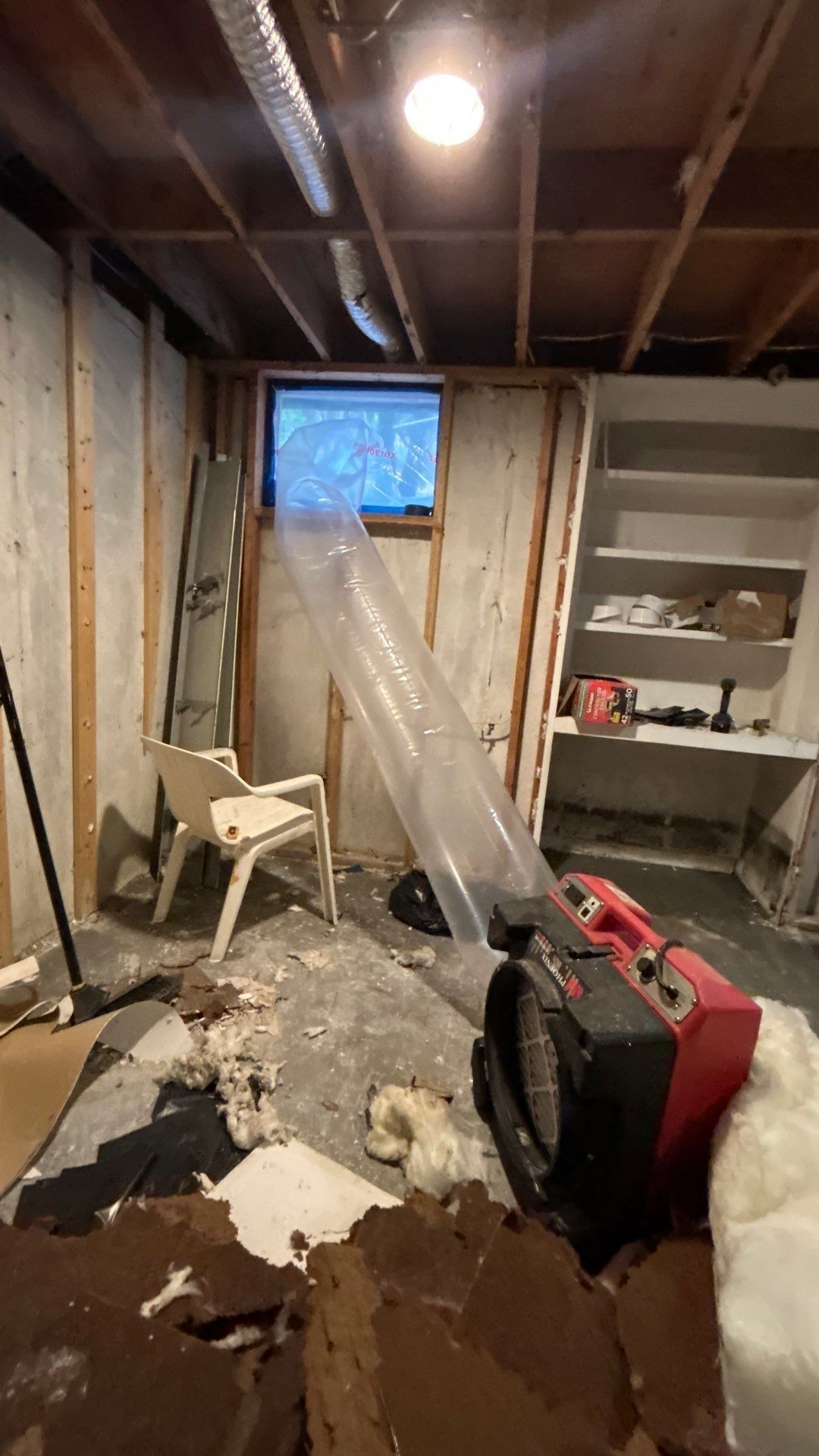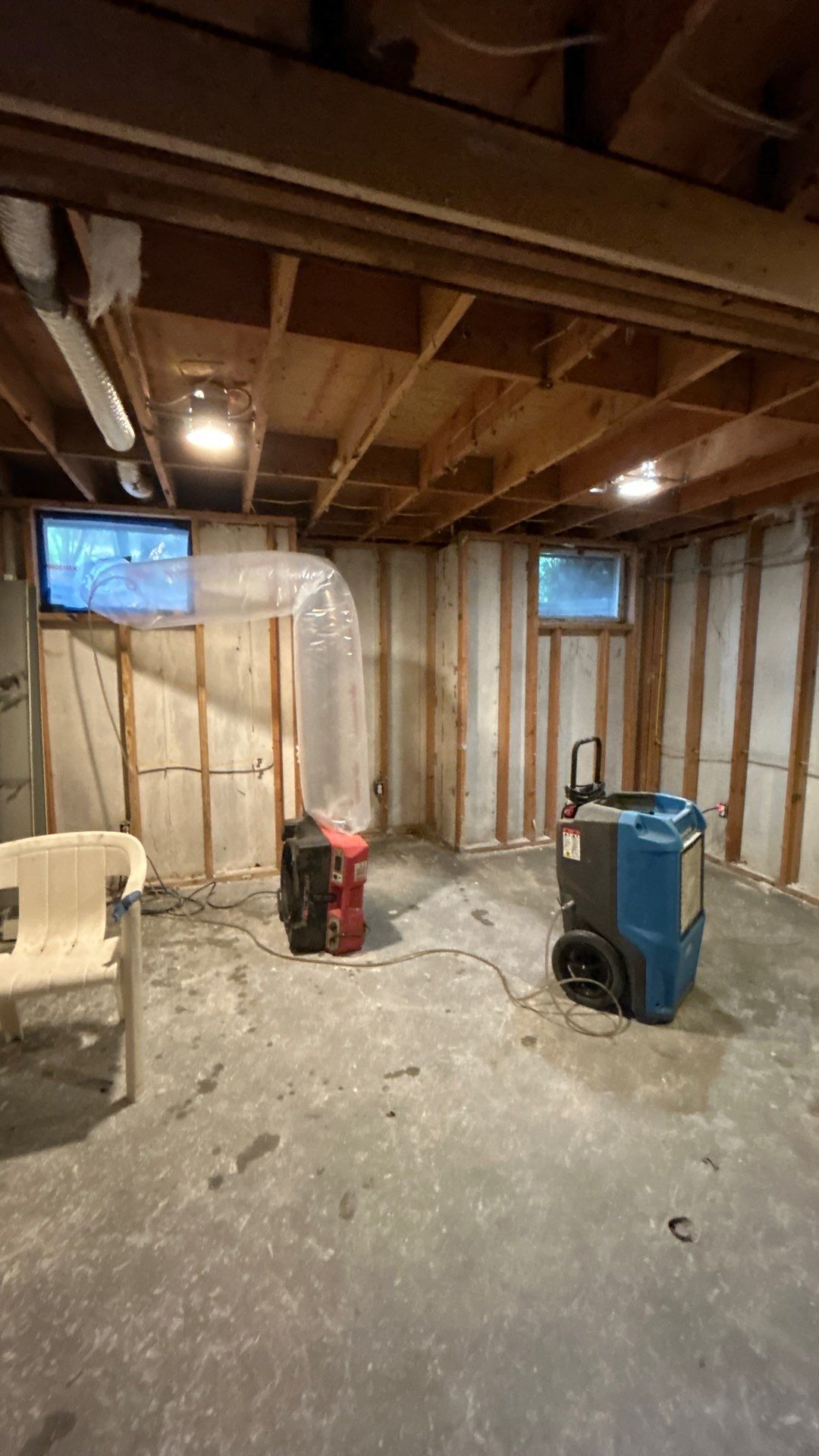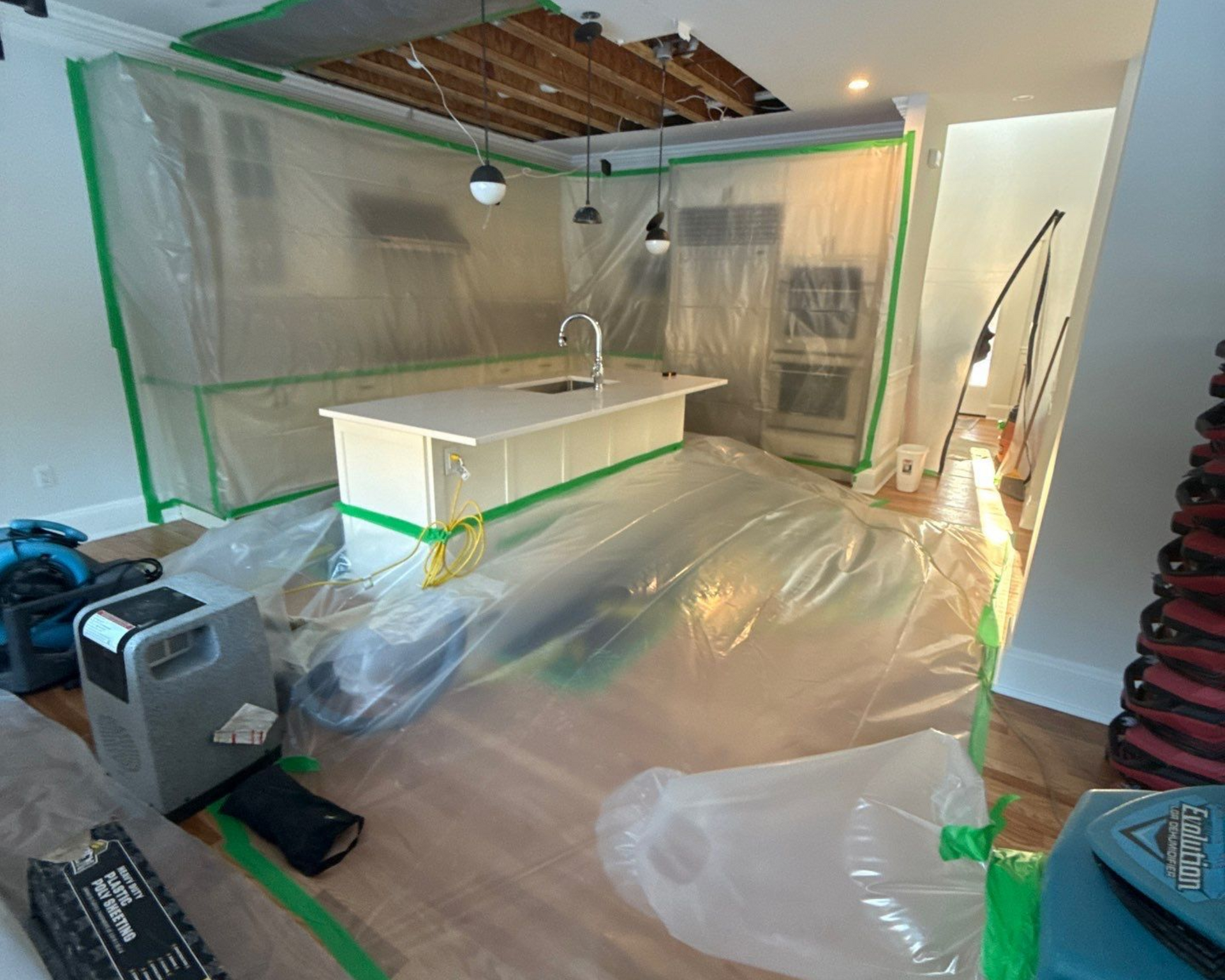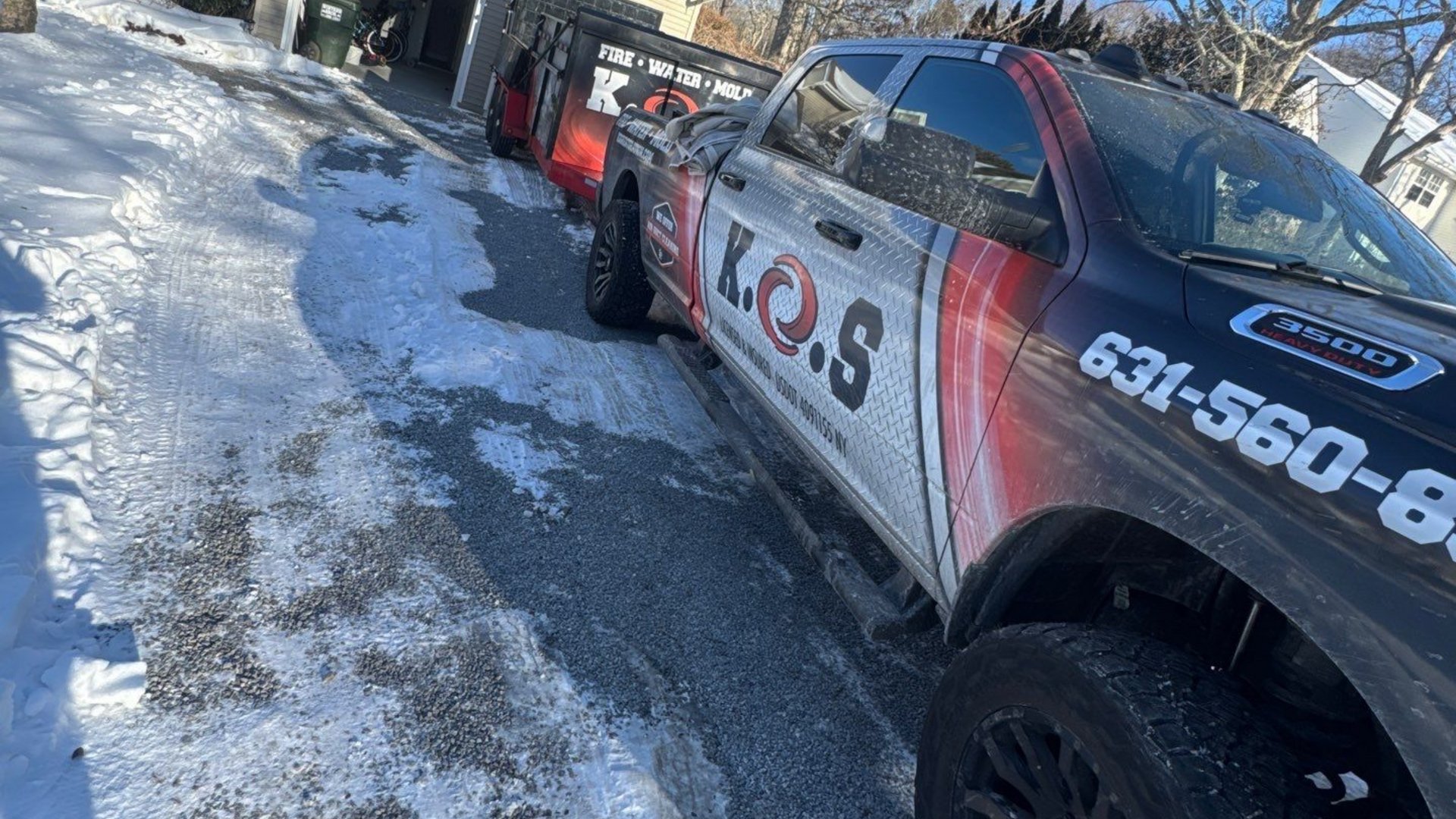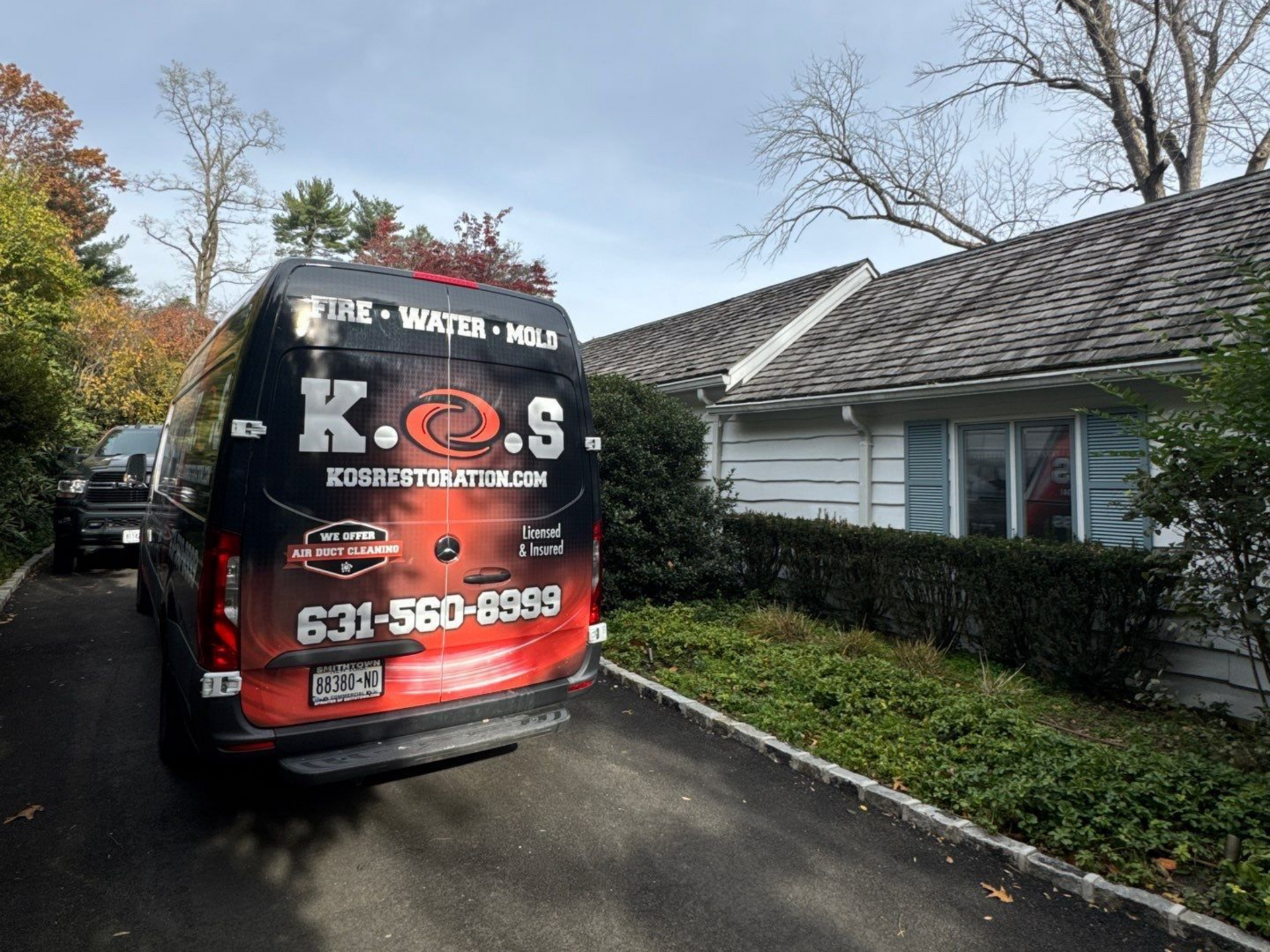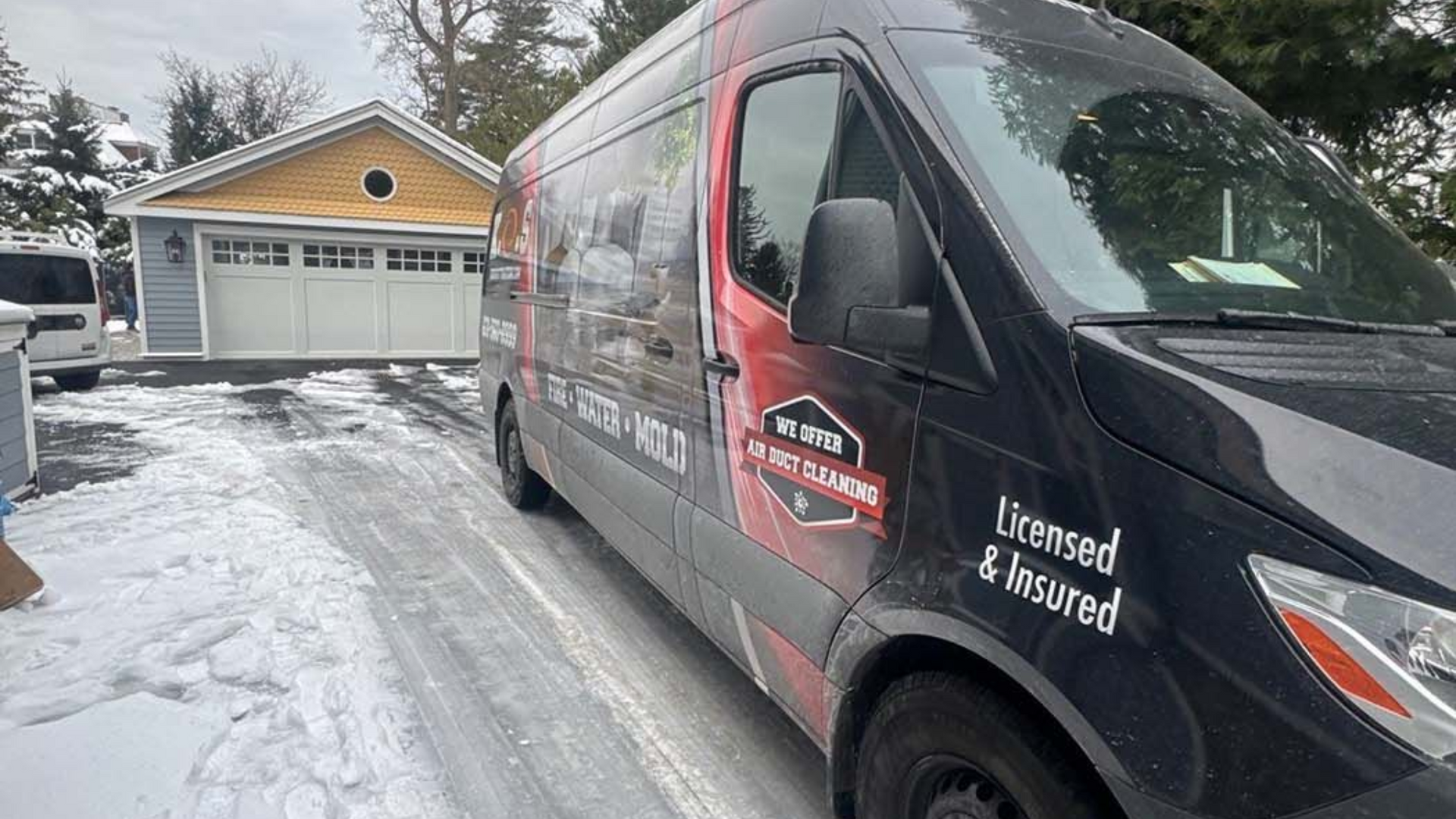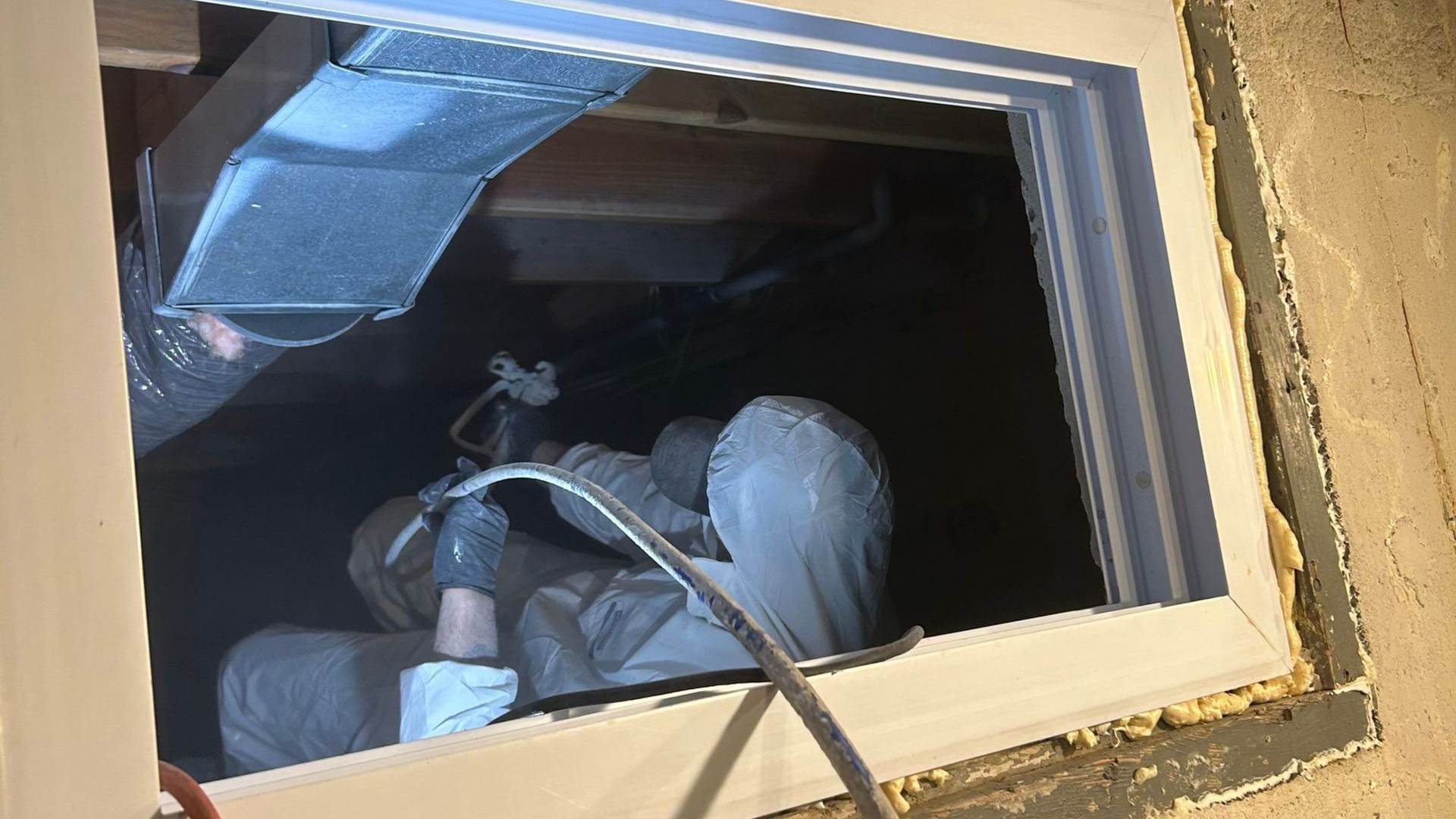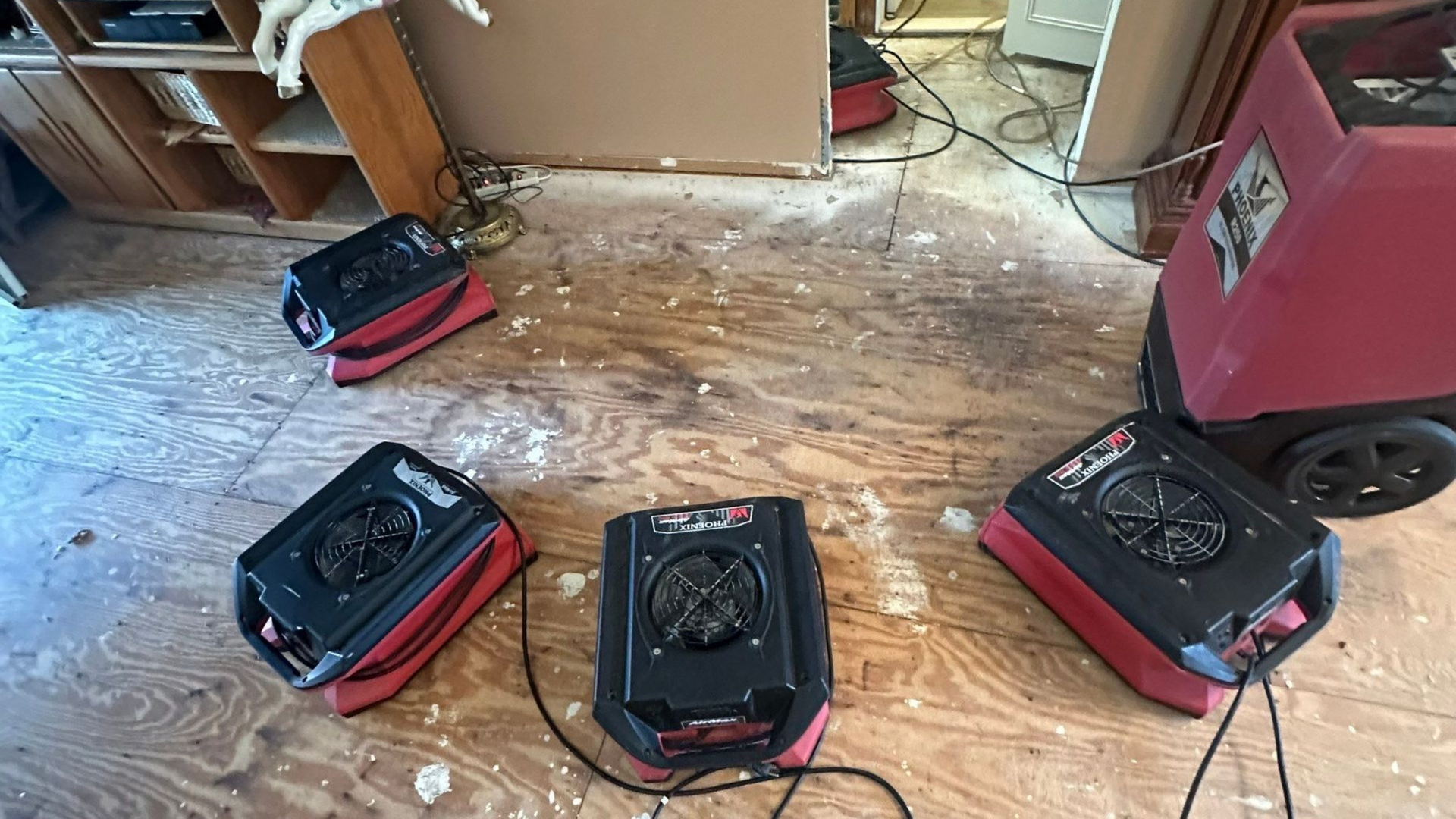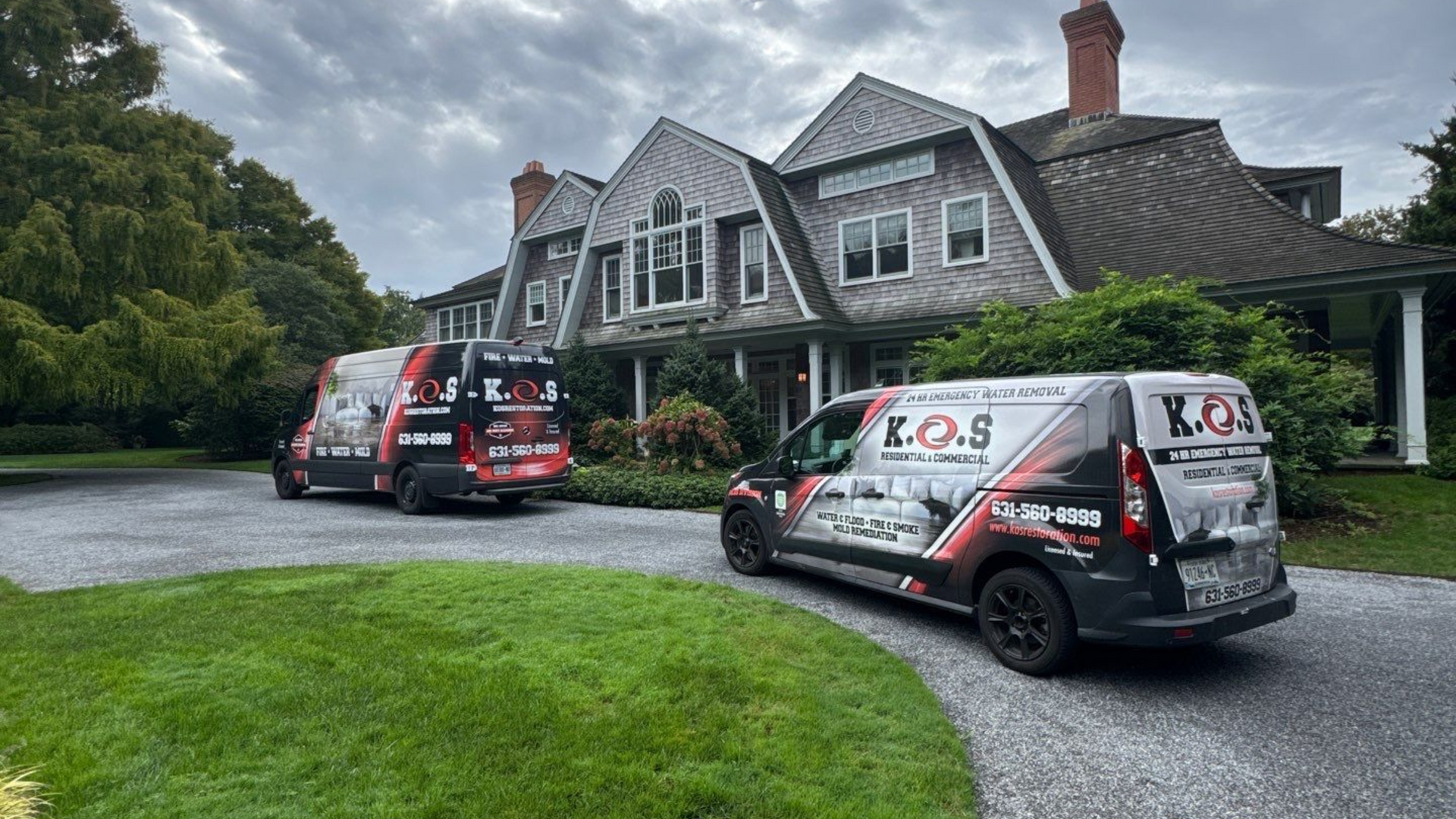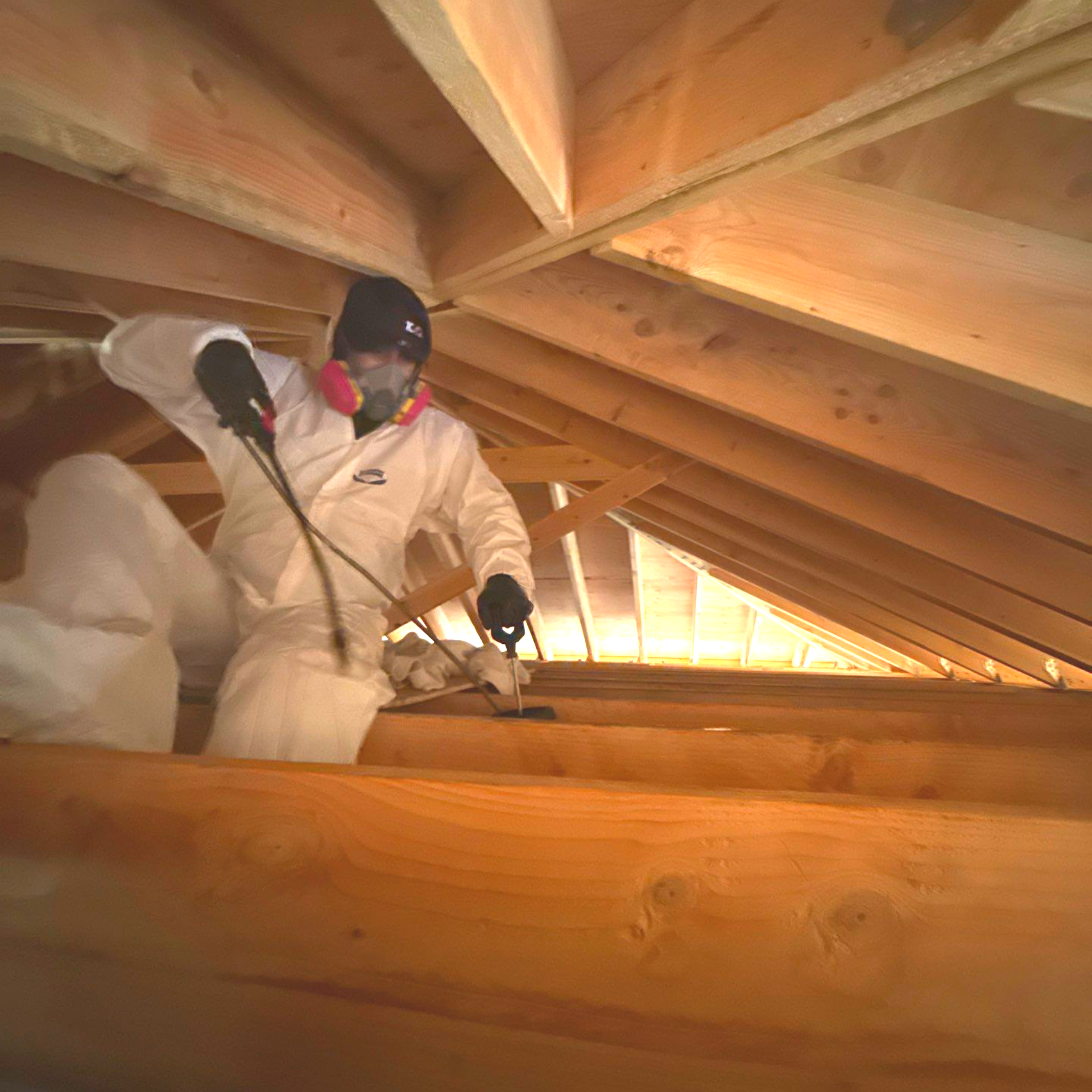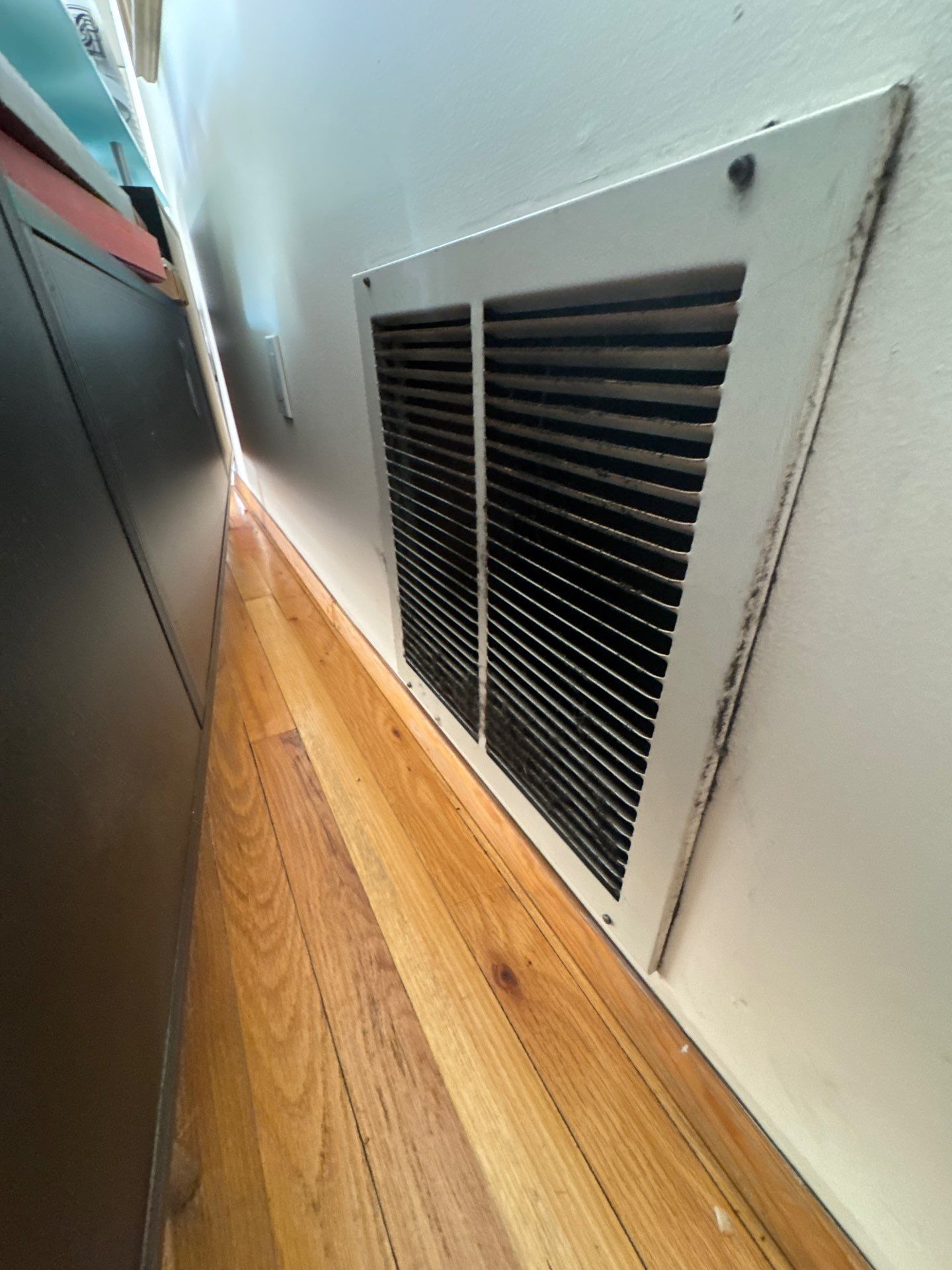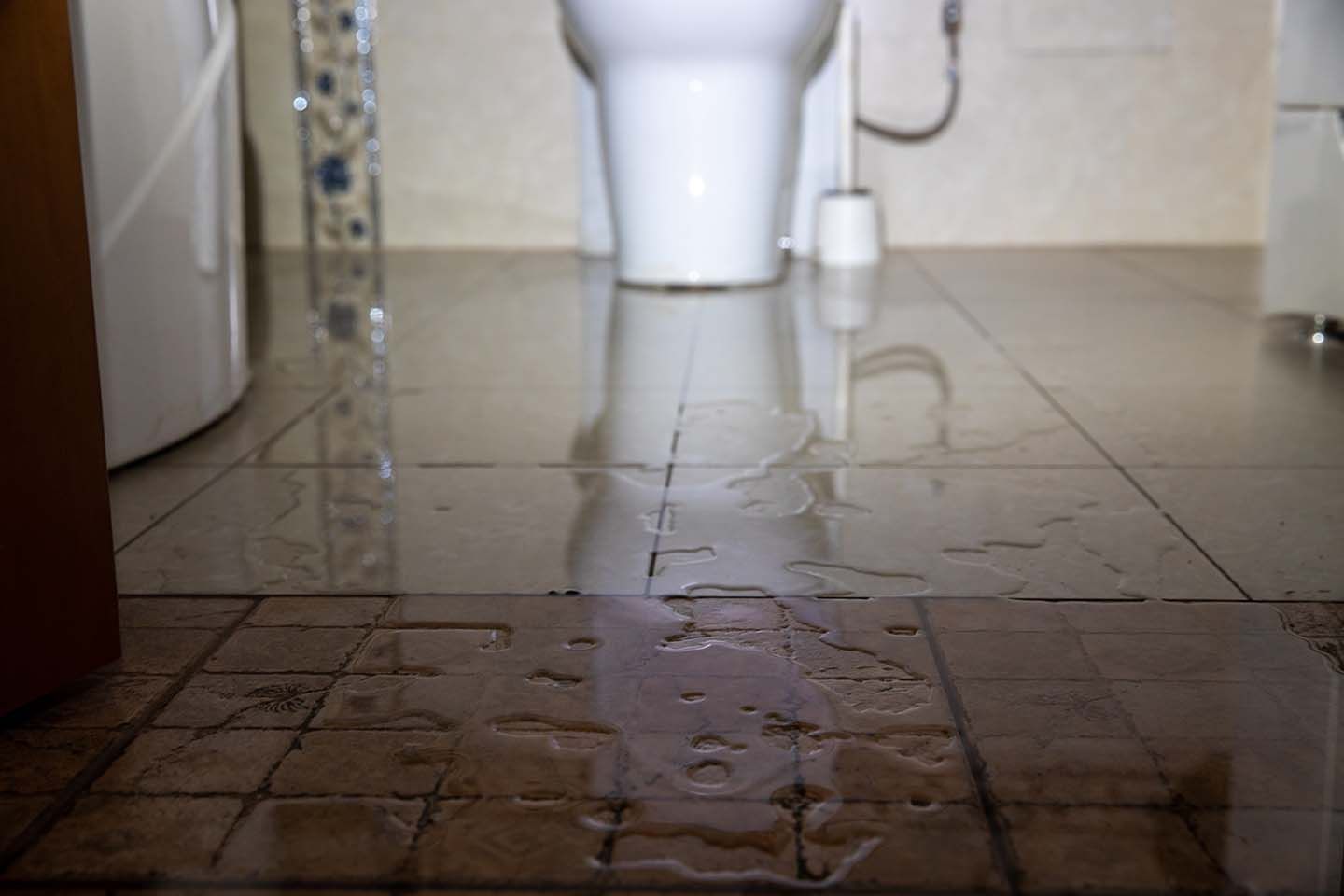How to Prepare Your Basement For Long Island Storm Season
Why Long Island Basements Are at Risk During Storm Season
When storm season hits Long Island, basements often take the brunt of the damage. Heavy rain, coastal storms, and even the occasional hurricane can leave homeowners dealing with flooding, water damage, and the lingering threat of mold.
If you’re worried about your basement this season—you’re not alone. At K.O.S. Restoration, we’ve seen firsthand how quickly a small leak can turn into a major problem. The good news? A little preparation now can save you a lot of stress, money, and heartache later.
Let’s walk through the steps you can take today to storm-proof your basement.
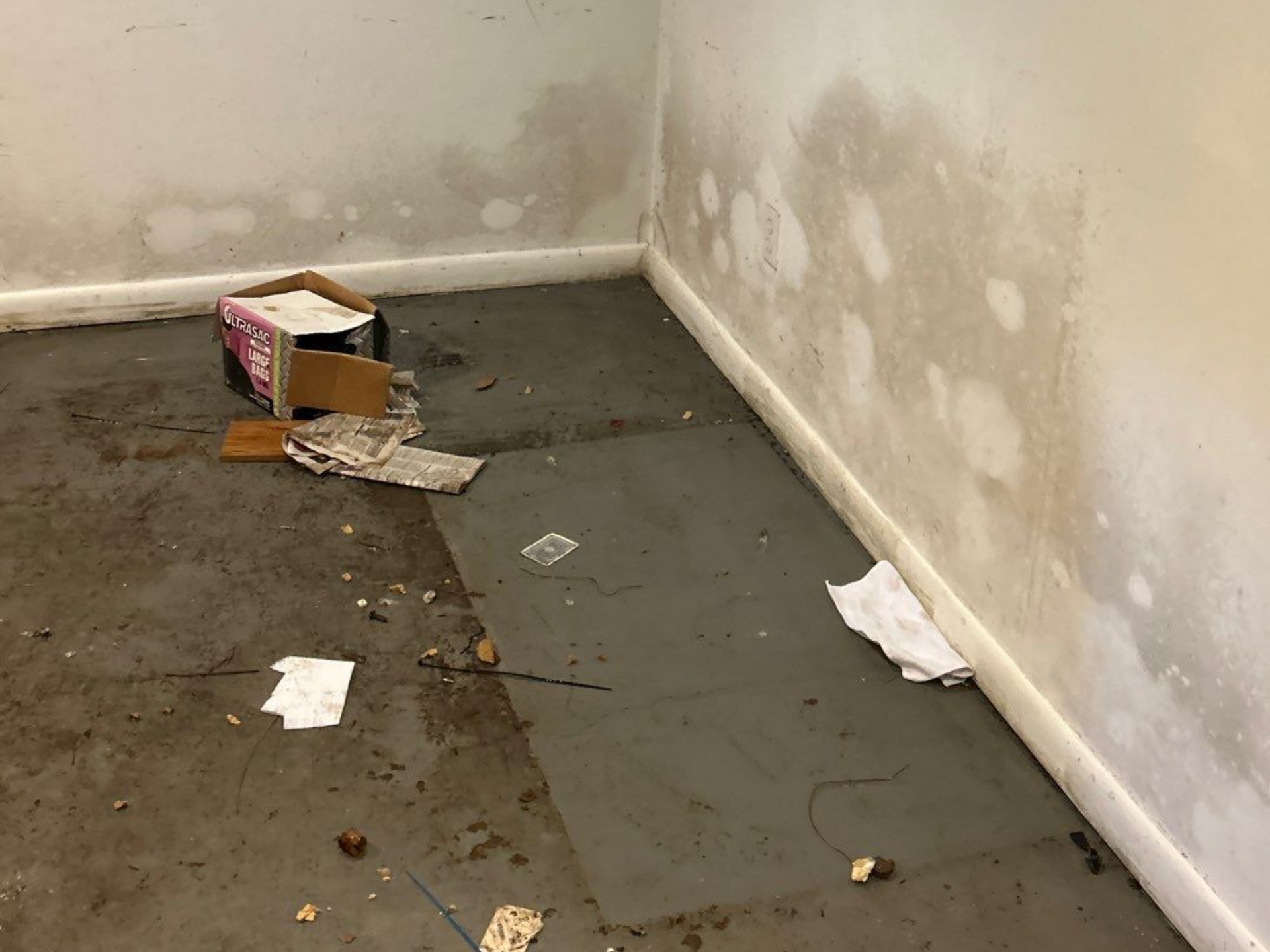
1. Inspect for Cracks and Weak Spots
Water finds its way in through the smallest openings. Walk around your basement and look closely at the foundation walls and floor. If you spot cracks or gaps, even tiny ones, seal them before the next storm rolls in. A professional can also assess whether water is seeping in through hydrostatic pressure or poor drainage around the foundation.
2. Test Your Sump Pump
Think of your sump pump as your basement’s first line of defense. Before storm season is in full swing, make sure it’s working properly. Pour water into the pit to see if it activates and drains. If it struggles, consider getting it serviced—or even replaced. Adding a battery backup system is also smart in case the power goes out during a storm.
3. Clear Gutters and Downspouts
Overflowing gutters can send gallons of water pooling right next to your foundation. Clean your gutters, extend downspouts away from the house, and make sure water drains at least several feet from your basement walls. This simple step is often overlooked, but it can be one of the most effective ways to prevent flooding.
4. Move Valuables Off the Floor
We know many Long Island homeowners use their basements for storage. But keeping boxes, furniture, or electronics directly on the floor puts them at risk. Use shelving, plastic bins, or risers to keep belongings safe—even if you only deal with a few inches of water intrusion.
5. Control Humidity to Prevent Mold
Even if your basement doesn’t flood, excess humidity after storms can lead to hidden mold growth. A dehumidifier helps keep moisture levels stable, protecting both your air quality and your home’s structure. If you notice a musty smell, visible mold, or staining on walls, it’s time to call in the professionals before the problem spreads.
6. Know Who to Call in an Emergency
Preparation is key—but sometimes Mother Nature wins. When that happens, the last thing you want to do is scramble to figure out who to call. At K.O.S. Restoration, our IICRC-certified team has been helping Long Island homeowners recover from water damage since 2006. We respond 24/7 and can be on site in Suffolk County in as little as 45 minutes. From water removal to mold remediation and basement drying, we’ll get your home safe and dry again.
Don’t Wait Until It’s Too Late
Storm season on Long Island is unpredictable, but the way you prepare doesn’t have to be. Take these steps now to safeguard your basement—and your peace of mind.
If water damage does happen, don’t hesitate to reach out. Our certified restoration team is here to help you every step of the way.
📍 K.O.S. Restoration
11 Farber Drive Unit F, Bellport NY 11713
📞 Call
(631) 560-8999 for 24/7 emergency service
FAQ – Preparing Your Basement for Long Island Storm Season
How do I protect my basement from flooding during storm season on Long Island?
Start by sealing cracks in your foundation, making sure your sump pump works, and keeping gutters and downspouts clear.
It’s also smart to elevate belongings and use a dehumidifier.
If water still gets in, call a professional like K.O.S. Restoration to remove water quickly and prevent mold growth.
What should I do if my basement floods during a storm?
First, stay safe—don’t enter standing water if electricity is on.
Shut off power if possible, and call an emergency restoration company right away.
K.O.S. Restoration offers 24/7 emergency service on Long Island, with a 45-minute response time in Suffolk County.
Can mold grow in my basement after a storm even if it doesn’t flood?
Yes. High humidity after storms can create the perfect conditions for mold.
If your basement feels damp or has a musty smell, mold could already be forming.
A certified team like K.O.S. Restoration can test, remediate, and encapsulate mold to keep it from coming back.
How often should I check my sump pump before storm season?
Test your sump pump at least once a season, and especially before heavy rains.
Pour water into the pit to see if it activates properly. Consider adding a battery backup for peace of mind. If you’re unsure, K.O.S. Restoration can inspect and recommend upgrades.
Who do I call for basement water damage restoration on Long Island?
Call K.O.S. Restoration at (631) 560-8999.
Since 2006, our IICRC-certified team has helped Long Island homeowners recover from storm damage, flooding, and mold. We’re local, available 24/7, and ready to restore your home safely.
